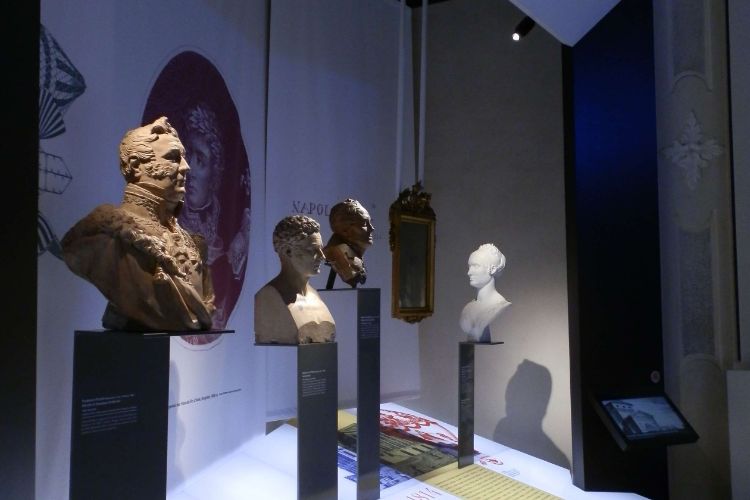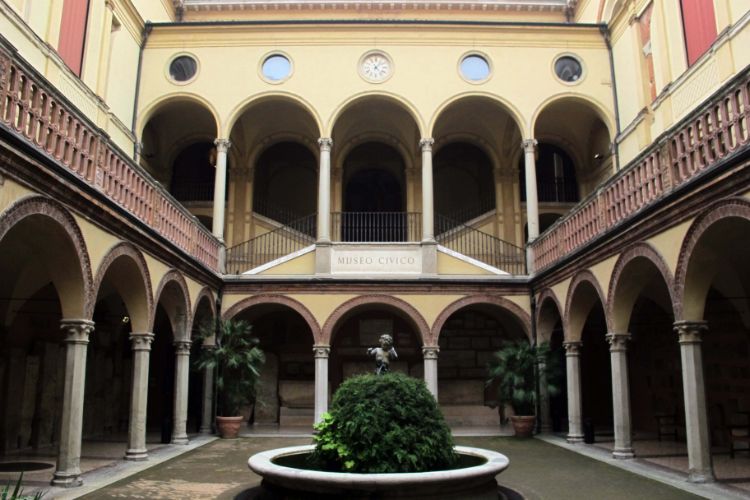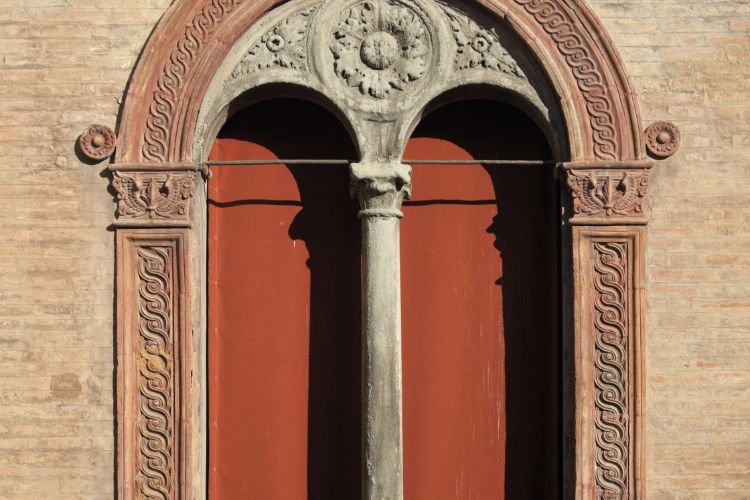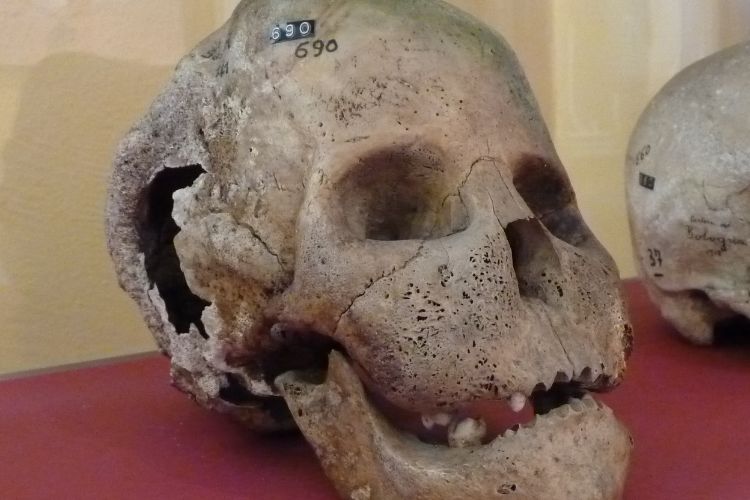Are you curious about ancient civilizations and archaeological finds? Here are the archaeology museums you must see in Bologna:

Museum of the History of Bologna
BolognaThe Museum of the History of Bologna (Museo della Storia di Bologna) is a museum in Bologna that is housed in The Palazzo Pepoli Vecchio, a Medieval Gothic-style palace. In the museum visitors learn more about the history of Bologna. The interactive museum covers the period from the Etruscans to th
Museo Civico Archeologico
BolognaThe Archaeological Civic Museum of Bologna (Museo Civico Archeologico di Bologna) is a history museum in Bologna that is housed in the 15th century Palazzo Galvani, once known as the Hospital of Death. The Archaeological Civic Museum of Bologna is one of the most important archeological museums with
Museo Civico Medievale
BolognaMuseo Civico Medievale (The Medieval Civic Museum) is part of the Civic Museums of Ancient Art in Bologna that is housed in Palazzo Ghislardi, an example of 15th century Bolognese architecture. It holds a collection of sepulchral monuments mostly from the 14th century and preserves works of Lombard
Museo di Antropologia
BolognaMuseo di Antropologia, Collezione di Antropologia is the Anthropology museum in Bologna. The museum holds a collection that includes skulls and skeletons from the Neolithic era to the 18th century; plaster casts of the remains of the skeletons of primates and the Primitive Man illustrating the fund- 5
Museo Ebraico
BolognaThe Jewish Museum Bologna (Italian Museo ebraico di Bologna) is a a museum on the history of the Jews in Bologna and the region that was opened in Palazzo Pannolini. One part of the exhibition deals with the themes of the Holocaust and anti-Semitism and commemorates the approximately 200 Jews of the